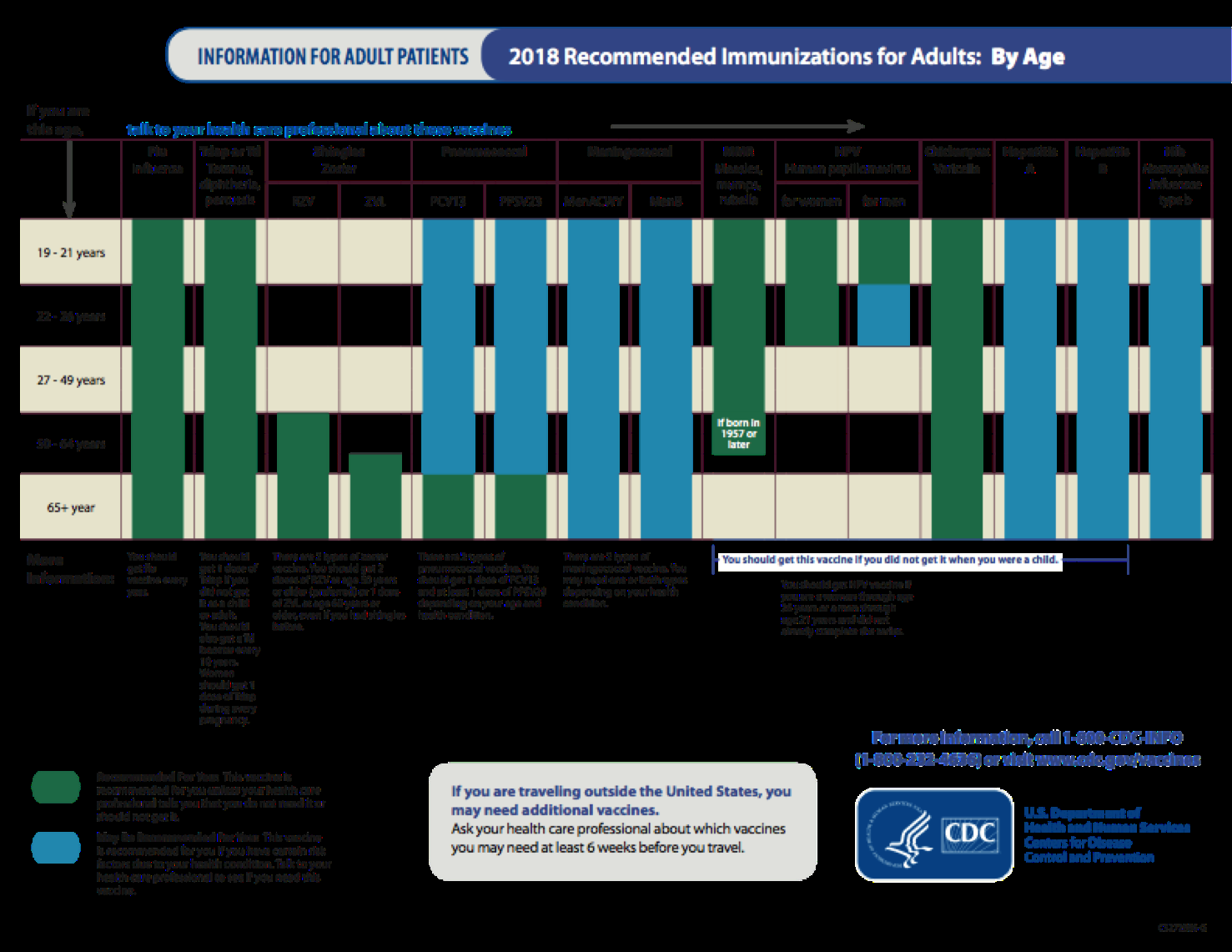Last Updated on February 6, 2020
After several years of attempts and Donald Trump running on platform of repealing the health care law, the U.S. Republican party has released their proposed replacement for the Affordable Care Act (ACA; aka Obamacare). The American Health Care Act (AHCA) was developed by Republicans in the House of Representatives, Senate, and the White House. The law will be debated in committees in the House and Senate before being voted on by all of Congress and then sent for the president’s signature if passed. In that time many changes could be made to the law. For now, we will outline what is being proposed to stay the same from the ACA to what may change with the AHCA.
 The GOP-proposed healthcare law keeps ACA provisions such as people under 26-years-old remaining on their parents’ insurance, banning insurance companies from discriminating against patients with pre-existing conditions as well as banning caps on lifetime spending. One of the more significant changes removes the tax penalty for those who don’t have insurance coverage, but instead allows insurance companies to charge 30% higher insurance premiums for an entire year for patients whose coverage lapses. The AHCA removes an Obamacare regulation that prevented insurance companies from charging their oldest enrollees more than three times as much as their youngest, putting senior Americans at particular risk with less tax credits than previous subsidies while facing premiums that may almost double. Medicaid expansion has been set with an end date of January 2020, which could drop as many as 11 million low-income Americans from their insurance coverage.
The GOP-proposed healthcare law keeps ACA provisions such as people under 26-years-old remaining on their parents’ insurance, banning insurance companies from discriminating against patients with pre-existing conditions as well as banning caps on lifetime spending. One of the more significant changes removes the tax penalty for those who don’t have insurance coverage, but instead allows insurance companies to charge 30% higher insurance premiums for an entire year for patients whose coverage lapses. The AHCA removes an Obamacare regulation that prevented insurance companies from charging their oldest enrollees more than three times as much as their youngest, putting senior Americans at particular risk with less tax credits than previous subsidies while facing premiums that may almost double. Medicaid expansion has been set with an end date of January 2020, which could drop as many as 11 million low-income Americans from their insurance coverage.
Part of the new plan is to change how tax credits are offered, basing them primarily on age instead of income. The new plan will offer the biggest tax credits to those that make less than $75,000 annually regardless of age, though these are less than the subsidies provided under the ACA. The ACA also took a person’s geographic location into account when calculating tax subsidies; the Republican plan no longer does, so people living in high-premium areas of the country (such as Alaska and Arizona) will receive the same benefit as people where insurance is cheaper (like Massachusetts and New Hampshire). In some areas of the country, American patients could receive nearly 80% less in tax credits under the new law than they did under Obamacare while contending with higher out-of-pocket costs.
Since its announcement, healthcare experts from across the political spectrum have come out as opposed to the AHCA, saying that it will not fix any of the problems created by Obamacare and that it would increase costs while reducing coverage. The American Association of Retired Persons (AARP) released a statement opposing the proposals for putting senior Americans at risk of not being able to afford coverage. The American Medical Association (AMA) also sent a letter to the House committees that wrote the bill, outlining their concerns they would write a bill that “would result in millions of Americans losing coverage and benefits.”

The American Health Care Act has also received bipartisan criticism in Congress. Other than Democrat resistance, a number of Republican Congressmen have been skeptical that a replacement is enough of a repeal of the ACA. Furthermore, Senate Majority Leader Mitch McConnell (R-KY) has stressed the importance of the Congressional Budget Office’s (CBO) estimates on how the bill will affect the federal deficit and the number of insured Americans; the House of Representatives has rushed the AHCA through numerous committees before the CBO’s report release Monday.
The CBO report projects up to 14 million Americans losing their insurance in 2018—more than the number of people who got insurance under the ACA. Within 10 years, an estimated 24 million otherwise insured Americans would be without coverage. The report found that premium costs would rise 15-20% by 2018 before beginning to normalize by 2020. By 2026, premiums may be 10% less than they would be today—excluding senior Americans, who insurers would be allowed to charge five times more than younger enrollees.
There will be developments in the American Health Care Act and any repeal or changes to the Affordable Care Act, and we at NeedyMeds will try to keep up-to-date on the details. We at NeedyMeds prefer to remain apolitical—we work in a diverse office with people of varying backgrounds and views—but we believe in being informed and that those in need deserve care. It should be clear that NeedyMeds supports improved access to care as well as lower costs for medications and healthcare services for all.
The NeedyMeds website has databases of Patient Assistance Programs (PAPs), Diagnosis-Based Assistance (DBAs), and Free/Low-cost/Sliding-scale Clinics to help those in need. The NeedyMeds Drug Discount Card can save users up to 80% off the cash price of prescription medications for those without insurance or choose to use the card instead of insurance. In addition to the plastic card, the card is available in a printable form or a smartphone app for Apple and Android devices. For more help finding information, call our toll-free helpline Monday-Friday 9am-5pm Eastern Time at 1-800-503-6897.




